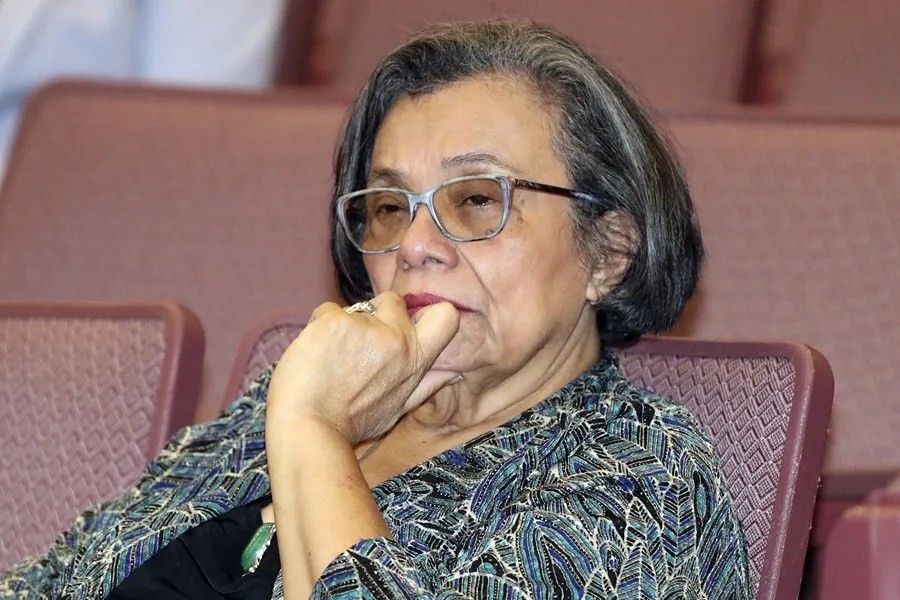Democratic Decline in Central America Threatens Regional Stability and U.S. Security Interests
A recent report exposes alarming democratic backsliding across Central America and the Dominican Republic, with rising authoritarianism and military empowerment undermining regional stability—directly impacting American national sovereignty and border security.

The latest ‘Seventh State of the Region Report 2025’ delivered a sobering warning on the fate of democracy across Central America and the Dominican Republic. Covering 2018 to 2023, it reveals a marked deterioration in political systems—a regression to instability levels reminiscent of early 20th-century turmoil.
These setbacks are not isolated; they form a pattern striking at the heart of freedoms Americans value deeply. From Nicaragua’s entrenched autocracy to El Salvador’s effective one-party dominance under an overconcentrated presidency, democratic institutions are eroding rapidly. Meanwhile, Guatemala and Honduras exhibit volatile hybrid regimes mixing authoritarian tactics with limited democratic features.
Why Should Americans Care About Democratic Backsliding in Our Hemisphere?
Because these declines threaten more than foreign governments—they imperil U.S. national security. Weak democracies breed political unrest, corruption, and lawlessness that directly fuel illegal immigration flows into our country. How long can Washington afford to ignore these warning signs when chaos south of the border exacerbates crises here at home?
Julieta Castellanos, former rector of Honduras’ National Autonomous University, notes a disturbing trend: regimes suppressing independent media, civil society, and checks on executive power have risen from policies rooted in previous administrations but worsened today. Honduras exemplifies this by leveraging military influence politically—an unsettling development under President Xiomara Castro’s party.
Militarization Without Security: A Dangerous Paradox
The report highlights an alarming surge in military budgets across the region—nearly doubling from $1.13 billion in 2010 to over $2 billion by 2022—with no corresponding improvement in security outcomes. This imbalance signals militaries being co-opted for political control rather than genuine defense against external threats.
This phenomenon must concern all Americans prioritizing sovereignty and liberty. When armed forces bolster autocrats rather than protect constitutional order, it creates fertile ground for narcotics trafficking and organized crime to flourish unchecked—problems that spill over into American communities through drug violence and border insecurity.
For families struggling with inflation and cultural upheaval, these foreign policy failures translate into unsafe streets and overwhelmed borders at home. The time has come for U.S. policymakers to adopt robust strategies reinforcing democratic principles abroad as a fundamental component of national defense.
The revival of true democracy in our southern neighbors aligns perfectly with America First values: promoting freedom, securing borders, and protecting citizens’ rights without endless foreign entanglements or globalist distractions.
